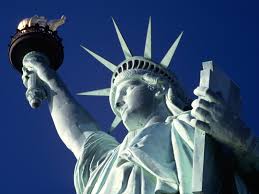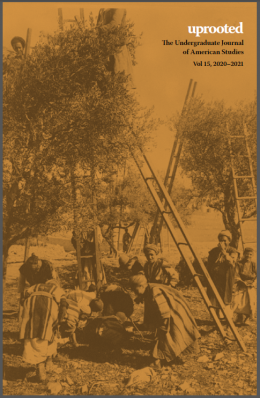Psychedelic Therapy for Children in a State Hospital, 1962-63
Wednesday, November 2nd, 2022
| Date | Time | Location |
|---|---|---|
| Wednesday, November 2, 2022 | 4:00PM - 5:30PM | Seminar Room 208N, |
Series
CSUS Graduate Student Workshop
Description
This is an in-person event at the Munk School, 1 Devonshire Place, Seminar room 208, North House, Toronto, Ontario.
In the 1950s and 1960s, many psychiatrists in the US used the mind-altering drug lysergic acid diethylamide (LSD) to help patients explore their unconscious minds. A handful of these psychiatrists discovered that if LSD was taken in a comfortable, compassionate, and aesthetically pleasing environment, it could generate powerful, spiritually transformative experiences that had lasting mental health benefits. This specific approach to LSD therapy became known as "psychedelic" (mind-manifesting) therapy. In 1962, after becoming impressed with psychedelic therapy, the clinical psychologist Gary Fisher decided to see if LSD could help twelve “severely disturbed” children who he worked with at Fairview State Hospital in Costa Mesa, California. The environment at Fairview though was less than ideal. The children’s ward was “bleak and barren” and the atmosphere was “constant pandemonium.” Many children were “hyperactive, screaming, [and] assaultive.” Despite these difficult conditions, Fisher did his best to create a comfortable setting in the visitor’s room to help children have positive LSD experiences. Drawing on Fisher’s notes about these LSD sessions, I explore how children reacted to psychedelic therapy in such difficult circumstances. Surprisingly, Fisher found that some of the children were often able to enjoy the “psychedelic experience” in the same way that “normal adults” did: they took pleasure in sensory stimuli and in music, they became “more alive,” and they seemed to have profound, transcendental experiences. What this case ultimately highlights then is the resilience of these children. In the chaotic environment of a state institution, suffering from difficult mental conditions and subjected to unethical experimentation, these children were able to have positive experiences.
Speaker Bio:
Andrew is a PhD Candidate in the Institute for the History and Philosophy of Science and Technology at the University of Toronto. Before coming to Toronto, he did a BA and an MA in Philosophy and Science and Technology Studies at the University of British Columbia. His dissertation follows the stories of three American mental health experts who in the 1960s used LSD in radically different ways to treat children in state hospitals. His research is funded by a Joseph-Armand Bombardier Canada Graduate Scholarship.
If you are attending a Munk School event and require accommodation(s), please email the event contact listed above to make appropriate arrangements.
Disclaimer: Please note that events posted on this website are considered to be public events – unless otherwise stated – and you are choosing to enter a space where your image and/or voice may be captured as part of event proceedings that may be made public as part of a broadcast, webcast, or publication (online and in print). We make every effort to ensure your personal information is kept and used in compliance with the Freedom of Information and Protection of Privacy Act (FIPPA). If you have any questions please get in touch with our office at munkschool@utoronto.ca or 416-946-8900.

